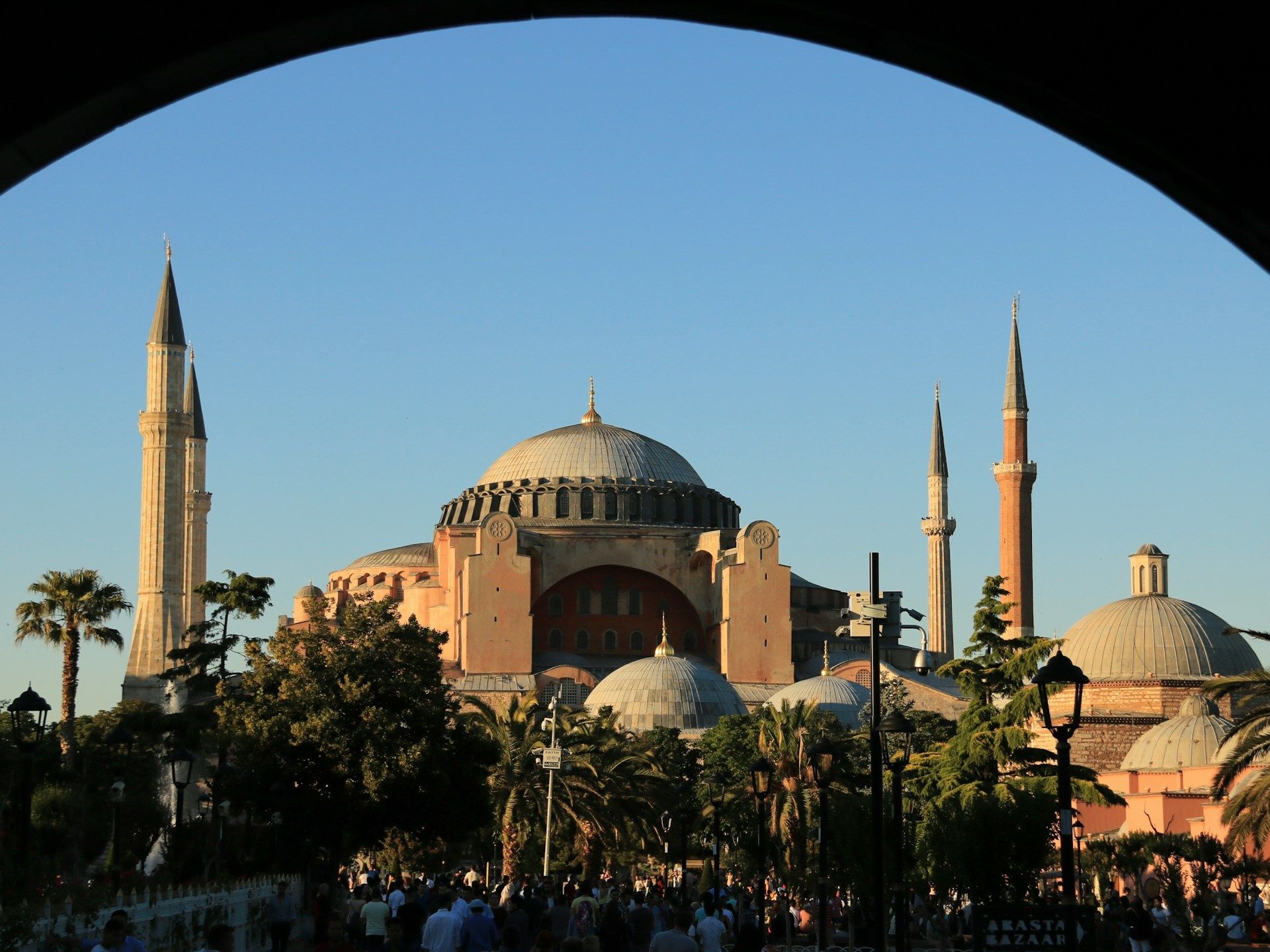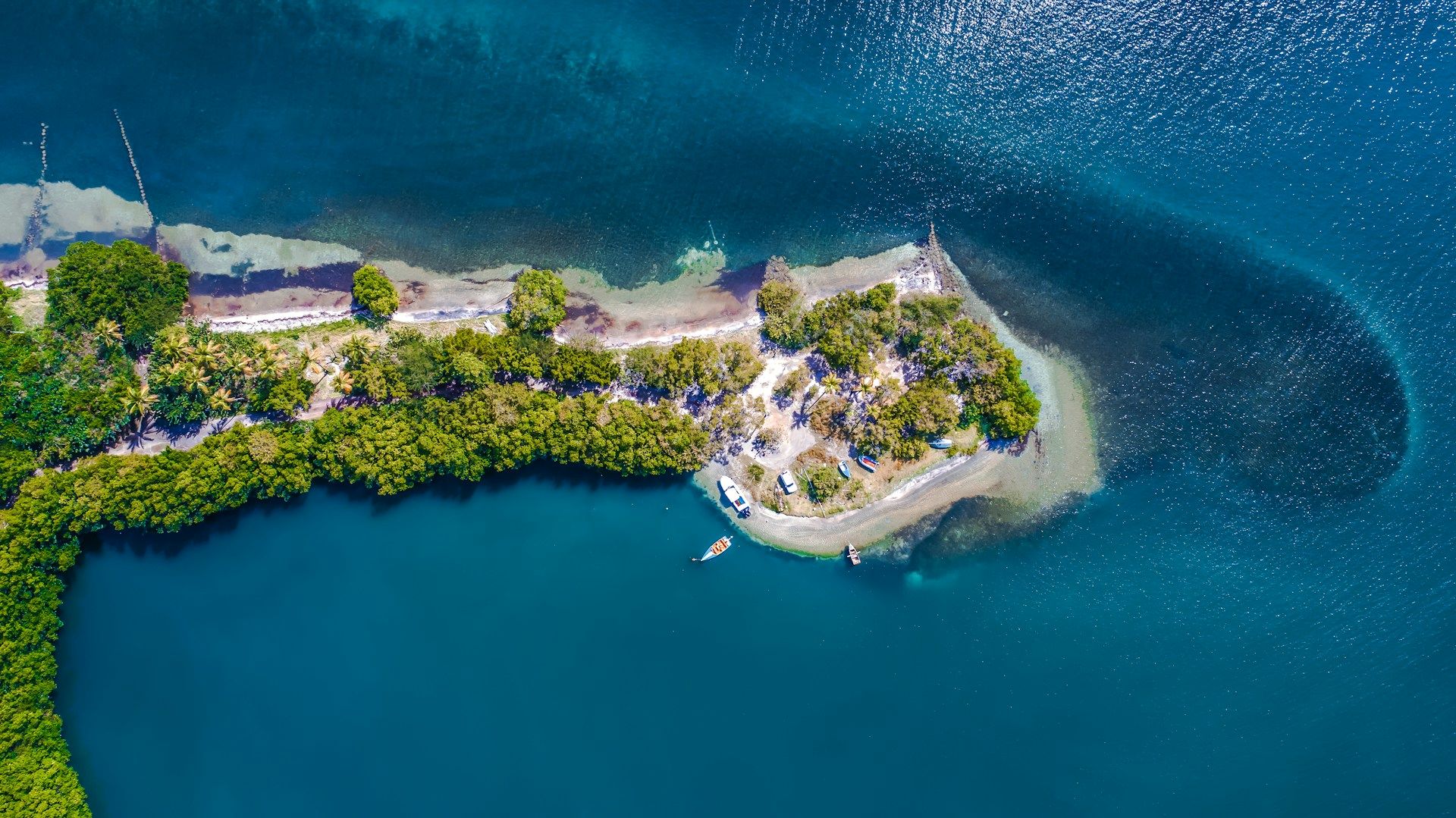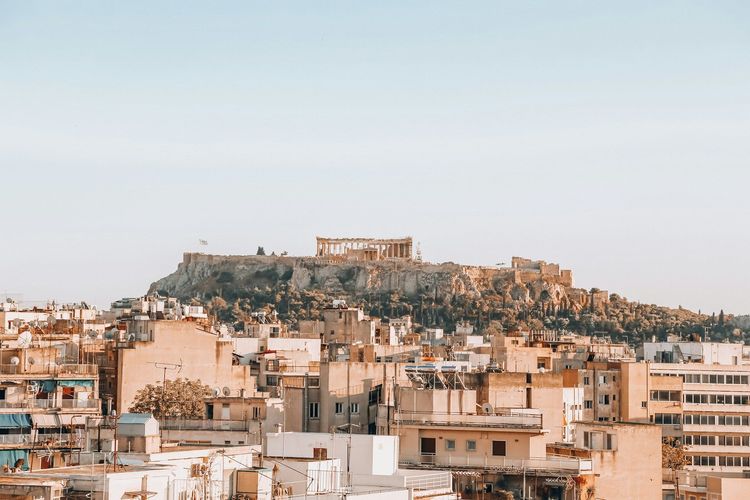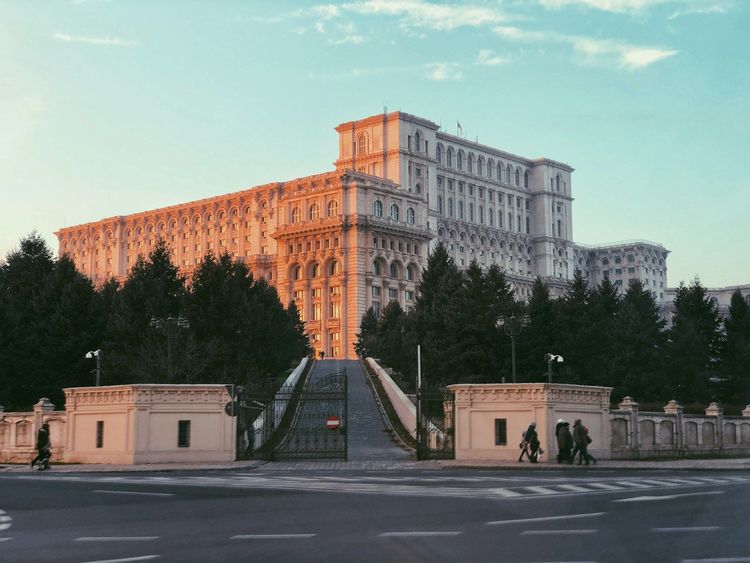For the modern investor, a second passport has long ceased to be a luxury item and has turned into a strategic tool for risk management and opportunity expansion. It serves as a reliable "Plan B," providing protection against political or economic instability in the country of primary residence. Furthermore, it opens access to new markets, simplifies international travel, and can become a key element in optimizing tax planning and asset structuring.
Global mobility is another critically important aspect. Citizenship of a strong jurisdiction grants its owner visa-free access to dozens of countries, which significantly simplifies conducting international business and expands personal freedom. Thus, acquiring a second citizenship is not merely the purchase of a document, but a comprehensive investment in the future well-being and security of the entire family.
Key Selection Factors
The decision to obtain a second citizenship requires a comprehensive assessment of several key aspects. Here are the main factors an investor needs to consider, including a comparison of program costs.

Program Cost
This is a primary factor for most investors. The cost varies depending on the type of investment and family size. It is important to consider not only the main contribution but also associated government fees, as well as the cost of mandatory checks.
- Grenada offers one of the most affordable options. Including all government fees and checks, the total cost for a single applicant typically starts from 235,000 USD.
- Turkey stands out with the possibility of returnable investments. The required real estate purchase starts from 400,000 USD. After maintaining ownership for three years, the property can be sold without losing citizenship.
- Vanuatu is traditionally one of the fastest and most budget-friendly options. The minimum non-refundable contribution is approximately 130,000 USD.
- Egypt represents a relatively new program. Participation requires a non-refundable contribution to a state fund of 250,000 USD. Other options are also available.
- Sierra Leone also offers an economic citizenship program, which often includes investments in real estate or government bonds. The minimum investment threshold typically starts from 140,000 USD.
- Nauru offers citizenship-by-investment status for an amount starting from 140,000 USD.
It is important to note that the final cost heavily depends on the chosen investment option and the amount of government fees, which can add several tens of thousands of dollars to the total amount. Investors need to conduct thorough due diligence on the program's conditions, as its details may change.
Processing Time
The speed of obtaining a passport is critically important for investors who are guided by specific business or personal plans. Application processing times vary significantly from country to country and depend on the complexity of checks and program workload.
- Vanuatu is traditionally a leader in speed, offering one of the fastest processing times on the market. Provided all documents are prepared promptly, the entire process, from application submission to passport receipt, usually takes from 2 to 3 months. Obtaining citizenship in Nauru takes slightly longer, approximately 3-4 months.
- Grenada and Turkey demonstrate stable and predictable timelines. The processing in these countries, including all stages of checks and approvals, typically takes about 6 months.
- Egypt represents a relatively new program that is still gaining momentum. Because of this, its timelines are currently less predictable and can vary. On average, obtaining citizenship takes from 12 to 14 months.
- In Sierra Leone, processing times can be less predictable and require careful study at the time of application submission. The process can take from 90 days and depends heavily on the chosen investment option and the current workload of government bodies.
Visa-Free Destinations
The strength of a passport is measured by freedom of movement. A Grenadian passport provides visa-free access or visa-on-arrival to more than 140 countries, including China, the United Kingdom, and the Schengen states. A Turkish passport opens doors to more than 110 countries and territories. Vanuatu and Egyptian passports offer less extensive coverage, but their list of visa-free destinations is gradually expanding.
Taxation
The issue of taxation is one of the most complex and requires an individual approach. Different jurisdictions offer radically different tax regimes, and their choice directly impacts the investor's financial planning.
- Grenada and Vanuatu attract investors with their favorable tax climate. Both these jurisdictions do not levy taxes on worldwide income, nor do they have taxes on inheritance, wealth, or capital gains for non-residents. This makes their passports attractive for those seeking to optimize their tax burden.
- Turkey uses a residency-based taxation system, meaning tax residents are obligated to declare and pay taxes on their global income. However, the country offers various benefits and incentives for foreign investors, and also has double taxation avoidance agreements with many countries, which can mitigate the overall burden.
- Egypt also has a residency-based taxation system. Tax residents are subject to tax on their worldwide income at a progressive rate of up to 22.5%.
- Sierra Leone has a territorial taxation system, where only income derived from sources within the country is taxed. This is potentially beneficial for investors with income abroad. However, the country's tax legislation may be subject to changes, and its practical application requires thorough verification.
- Nauru does not charge capital gains tax and has very mild tax conditions for real estate.
Before choosing a program, it is extremely important to consult with an international tax advisor to fully understand the implications of obtaining new citizenship for your personal financial situation and to avoid any unexpected liabilities.
Passport and Country Reputation
This indicator includes political stability and the international perception of the country. Grenada and Turkey have strong diplomatic ties and stable economies, which positively affects the reputation of their passports. The reputation of Vanuatu and Egypt's programs is still being formed on the international stage, requiring more thorough due diligence and risk analysis.

Examples of Popular Programs
Among European options, Malta consistently stands out. This program offers the main prize – citizenship of the European Union, which grants the right to live, work, and study in any of the 27 EU countries. Despite the high cost and a multi-stage process of thorough due diligence, this option remains one of the most premium on the market, offering access to the highest standards of living and stability.
Caribbean countries such as Grenada and Antigua and Barbuda, on the contrary, are known for their price-to-speed ratio. Their citizenship-by-investment programs are among the fastest and most affordable on the market. The Grenadian passport, for example, is unique in that it provides the opportunity to apply for an E-2 investor visa in the USA, which is a significant additional advantage for many applicants.
Turkey has secured a strong position in the market thanks to a program directly linked to the purchase of real estate. This allows the investor not only to obtain citizenship but also to acquire a liquid asset that can be sold after a few years. The Turkish passport provides visa-free or simplified access to many countries and is considered quite respectable for conducting international business.
Among other options, Vanuatu can be mentioned, its program known for the speed of obtaining a passport. Egypt is just beginning to develop its citizenship-by-investment program, and its potential has yet to be fully assessed. The approach to such jurisdictions requires particularly thorough due diligence and awareness of all potential risks.
Selection Recommendations
Choosing the optimal program is a deeply individual process that should be based on a clear understanding of one's own goals and priorities. The first and most important step is to honestly answer the question: what exactly is the second passport for? The answer will determine which parameters – cost, timing, visa-free regime, or tax conditions – should be given primary attention.
At the next stage, it is necessary to conduct detailed independent research or entrust it to professionals. One should study not only the program conditions but also the general situation in the country, its economic prospects, and reputation on the world stage. Such a comprehensive analysis will help avoid investing in a jurisdiction with an unstable future.
It is extremely important to involve independent professional consultants specializing in investment citizenship and international tax law in the selection process. Experienced lawyers at One World Migraation will help not only to correctly prepare all documents but also to conduct a comprehensive check of the chosen program for compliance with your long-term goals, which will ultimately save time, money, and nerves.
On our website, you can also view more detailed information on these and other available citizenship by investment programs and choose the most suitable option for you.





